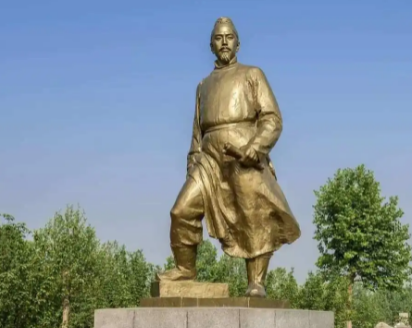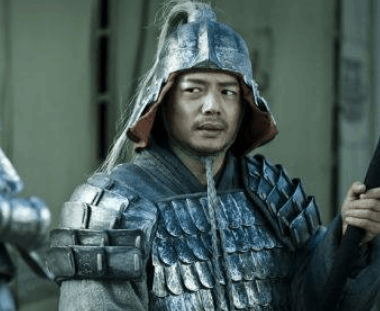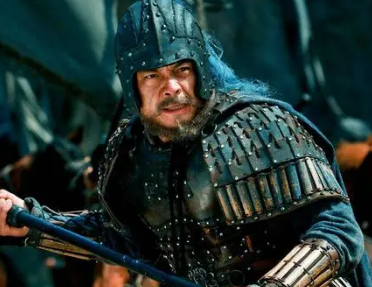As the first emperor in Chinese history to complete reunification, Qin Shi Huang's reign ended the long-standing Warring States period and ushered in the era of centralized imperial power. However, the question of who he originally intended to pass the throne to has been a topic of discussion among historians and enthusiasts. Based on existing historical records, this article explores this historical mystery.

1. Fusu: The Presumptive Heir
According to historical records, Qin Shi Huang issued a testament before his death, naming his eldest son Fusu as his heir. During Qin Shi Huang's tour of the eastern provinces, Fusu was sent to the border to serve as a military supervisor, which was considered a kind of training for the crown prince at that time. However, due to Qin Shi Huang's sudden death, the testament was not announced in time, and coupled with the conspiracy of Zhao Gao and Prime Minister Li Si, Fusu ultimately failed to ascend the throne.
2. Hu Hai: The Unexpected Emperor
Under the control of Zhao Gao, the news of Qin Shi Huang's death was concealed, and they forged a new testament, allowing Qin Shi Huang's eighteenth son Hu Hai (also known as Qin Er Shi) to ascend the throne. Hu Hai's lack of governance ability, coupled with Zhao Gao's political intrigues, led to the rapid decline and fall of the Qin dynasty.
3. Exploration of Other Possibilities
In addition to Fusu and Hu Hai, Qin Shi Huang had other sons, but there is no clear evidence in historical records that Qin Shi Huang considered any other candidates. Since the Qin dynasty practiced a hereditary system, traditionally, the eldest son inheriting the throne was the customary practice. Therefore, as the eldest son, Fusu was considered the most reasonable heir.
4. Historical Hypotheses and Inferences
If Qin Shi Huang's wishes had been fulfilled and Fusu had succeeded smoothly, the history of the Qin dynasty might have been different. Fusu may have adopted a more lenient policy, easing the overly harsh laws and labor of the Qin Shi Huang era, thus mitigating social conflicts and prolonging the lifespan of the Qin dynasty. However, this is only a hypothesis, and real history is often more complex than imagined.
Conclusion:
There is widespread consensus among historians that Qin Shi Huang intended to pass the throne to Fusu, but the course of history took a dramatic turn due to a series of accidental events. Hu Hai's ascent to the throne and the short lifespan of the Qin dynasty have filled people with unlimited speculation about "what would have happened if Fusu had inherited the throne." While we cannot know what would have happened if Fusu had inherited the throne, we can understand the complexity and uncertainty of history, as well as the impact of personal choices and accidental events on historical processes, through studying history.
Disclaimer: The above content is sourced from the internet and the copyright belongs to the original author. If there is any infringement of your original copyright, please inform us and we will delete the relevant content as soon as possible.
































